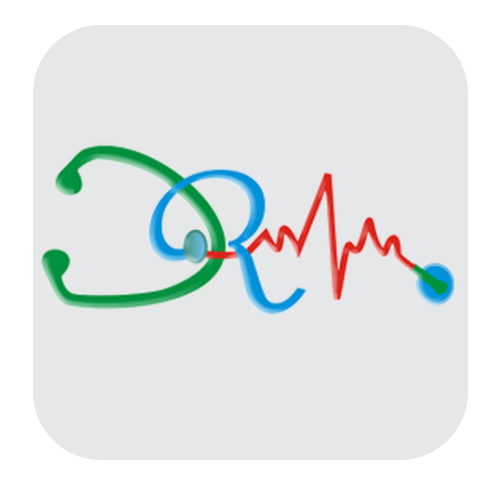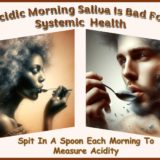Telehealth Reverse Diabetes And Control Blood Pressure | Free Trial In Texas
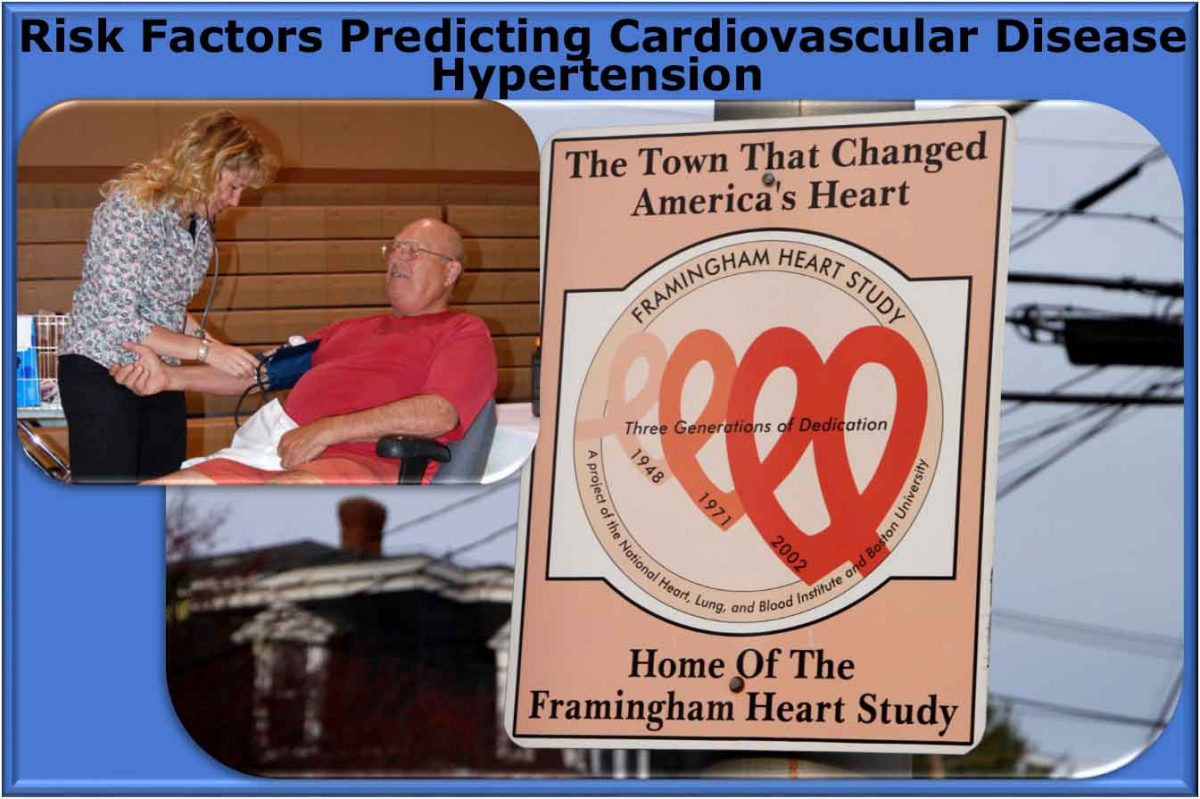
Reversing Type 2 Diabetes marvelously protects against heart attacks and strokes! Also, that lowers out of pocket expenses taking care of health now and treating those serious diseases later.
High Blood Pressure, High Cholesterol and Diabetes are all associated with Cardiovascular Disease and Stroke. Fortunately, Reversing Type 2 Diabetes also reduces high blood pressure and abnormal fat metabolism.
The history of efforts to control these diseases goes back to 1948 when the Framingham Heart Study began. Today, high blood pressure and abnormal cholesterol levels are much better controlled.
We’re still not controlling Type 2 Diabetes very well. In fact, some features of diabetes make blood pressure and cholesterol levels worse.
To learn more about programs Herd Healthcare offers, our website is:
www.herdhealthcare.com
Cardiovascular Risk Factors
President F.D. Roosevelt died in 1945 because of heart failure and a stroke caused by high blood pressure. Until then, it was just assumed that high blood pressure was part of getting old. FDR’s death made physicians finally realize that we should figure out what causes heart disease and stroke.
The National Heart Act was signed by President Harry S. Truman in 1948. It included the National Heart Institute in the Public Health Service. Within a few months, the Framingham Heart Study was taken over by the National Heart Institute.
The Framingham Heart Study began gathering medical information from 5,209 men and women, 28 to 62 years of age in Massachusetts. They were examined, blood drawn and urine collected for testing every 2 years. Additional subjects, especially offspring of the original cohort, have been recruited periodically up to the present time.
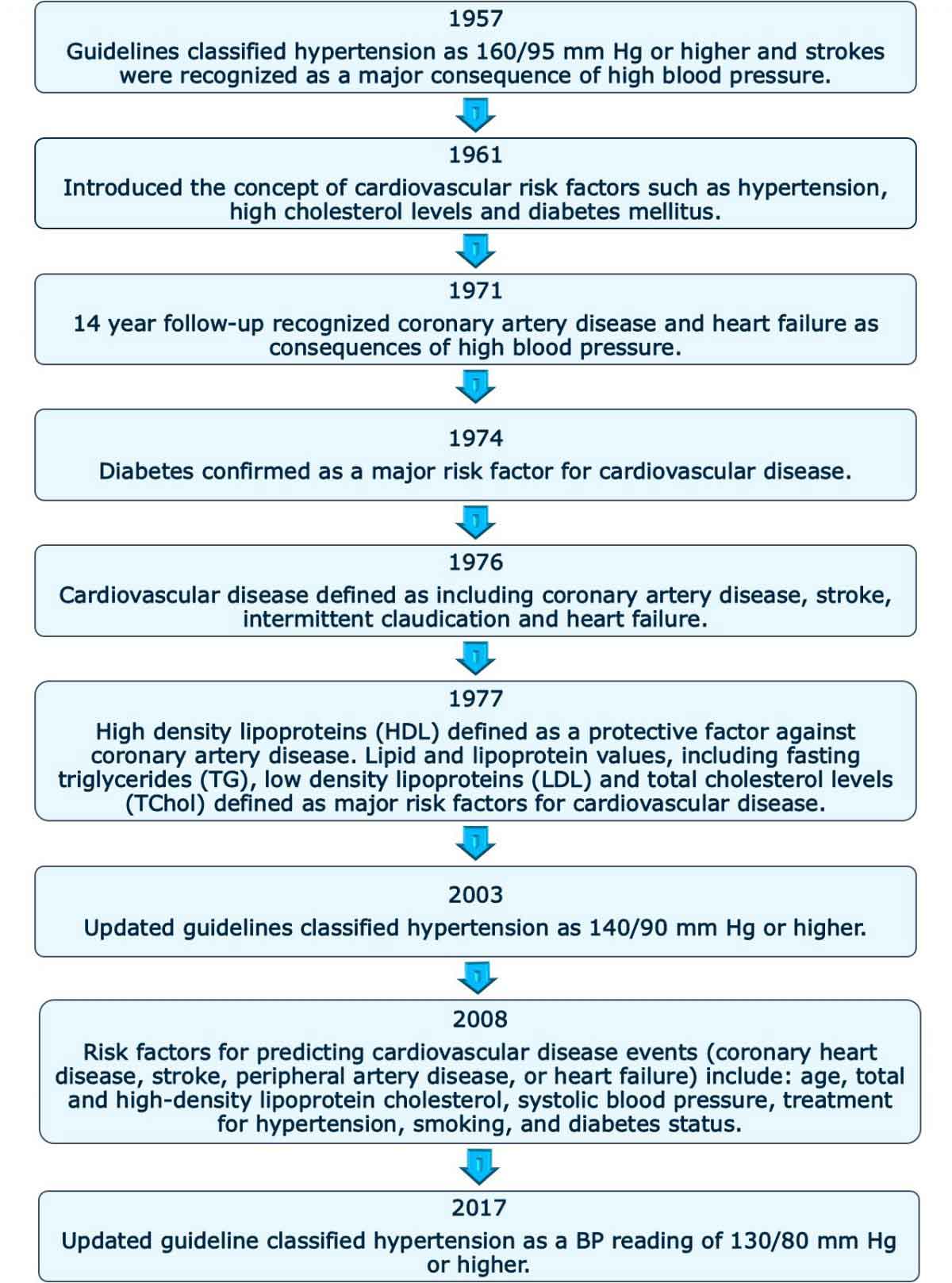

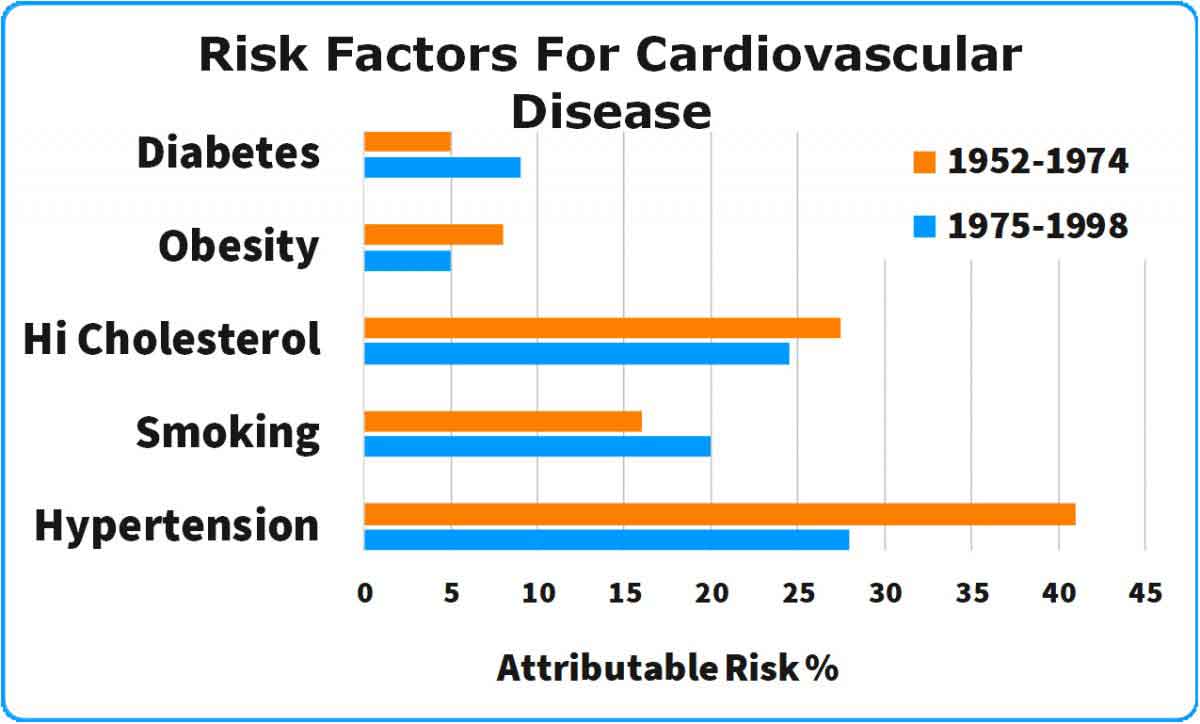
Diabetes And Control Of Blood Pressure
Hypertension is extremely common in diabetes. In patients with type 2 diabetes, hypertension occurs in 20% to 80% depending on obesity and age.
In type 1 diabetes, hypertension occurs in 30% of patients associated with obesity, age and duration of diabetes. High blood sugar itself does not predict hypertension or cardiovascular events in patients with type 1 diabetes.
Insulin Resistance occurs in every patient with type 2 diabetes and is an important cause of hypertension. Fortunately, not all patients with type 1 diabetes are insulin resistant. For them, effects on kidney function are more likely to cause hypertension.
Hyperinsulinemia, insulin resistance and glucose intolerance are the most prominent characteristics of type 2 diabetes.
Insulin resistance causes glucose intolerance and elevated glucose levels. The pancreas responds by increasing insulin production causing high levels of serum insulin that don’t go down between meals.
One important effect of this over production is the increased re-absorption of sodium by the kidneys.
Another effect of high levels of insulin is stimulation of the sympathetic nervous system.
Sympathetic Nervous System activity is an important cause of hypertension in diabetes. Chronically elevated levels of sugar and insulin in the blood stimulate the brain to activate the sympathetic nervous system. Overactivity stimulates renal endocrine function (renin-angiotensin-aldosterone activity) which further increases reabsorption of sodium by the kidneys.
Increased sympathetic nervous system activity also stimulates heart and blood vessels. Heart rate increases, volume of blood pumped by the heart increases. Large and small arteries constrict. The result is hypertension and increased risk for heart failure, heart attack and stroke.
Renal Function is affected by high levels of sugar and insulin in the blood and by stimulation of the sympathetic nervous system.
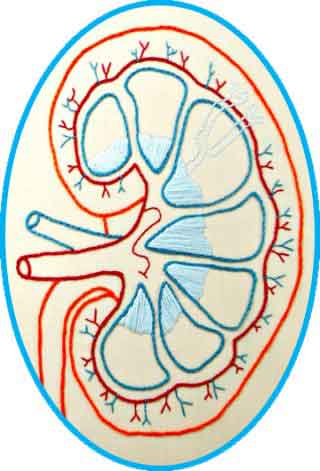 High levels of sugar in blood circulating through the kidneys eventually cause damage to the filtering units. Damage that lets small amounts of protein leak into the urine (called albuminuria.)
High levels of sugar in blood circulating through the kidneys eventually cause damage to the filtering units. Damage that lets small amounts of protein leak into the urine (called albuminuria.)
High levels of insulin in blood cause the draining tubules of the kidneys to increase their reabsorption of sodium.
Stimulation of the sympathetic nervous system decreases blood flow and reduces amounts of fluid filtered by the kidneys. Sympathetic stimulation also causes secretion of hormones which further increase the amount of sodium reabsorbed from urine.
Factors that can influence kidney disease include levels of blood sugar control and blood pressure. The better a person keeps diabetes and blood pressure under control, the lower the chance of damage to the kidneys.
Weight Reduction And Control Of Blood Pressure
Hypertension is common in people who are obese (30 to 40 lb overweight.) Adults who are obese are eight times more likely to have hypertension. Medications can decrease high blood pressure and reduce the risk of cardiovascular disease and stroke but they have unpleasant and sometimes dangerous side effects. Also, they are expensive.
Fortunately, intentional weight reduction not only reverses diabetes, it reduces both systolic and diastolic blood pressure. As a result, reducing weight decreases the need for expensive antihypertensive medications.
The benefits of intentional weight reduction have been studied by investigators in Pennsylvania. They reviewed the records of 100 men and women following a calorie-restricted diet (~1,000 kcal/day deficit) who were taking medications to control their blood pressure.

Their weights, their blood pressures and use of antihypertensive medications were reviewed for 15 months after beginning the weight reduction program.
As shown in the Figure, substantial decrease in blood pressure occurred in proportion to weight reductions between 0 and -15%. Most of those who reduced their weight at least -10% lowered their blood pressures below 130/90 mm Hg.
In addition, almost 40% discontinued taking at least 1 antihypertensive medication. Stopping medication was possible for 39% of those losing at least -10% weight. For those who lost -5% weight, 3% were able to stop some of their medication.
Exercise And Control Of Blood Pressure
Many studies of treatment for controlling high blood pressure to prevent cardiovascular disease include effects of exercise. In general, even exercising as little as 1 day per week has been shown to reduce all-cause mortality among those who have hypertension.
The CDC and the American College of Sports Medicine recommend dynamic aerobic endurance exercise of moderate intensity at least 150 minutes a week. Preferably supplemented with resistance strength exercise for 30 minutes in a session, 2 or 3 times a week.
Aerobic Exercise is defined as sustained exercise such as jogging, rowing, swimming, or cycling, that stimulates and strengthens the heart and lungs. It is further defined as light or medium intensity if it can be sustained for 10 or 20 minutes and high intensity if it can be sustained for only 1 or 2 minutes.
Resistance Strength Training is defined as brief exercise contracting muscles against an external resistance that increases strength, tone and mass of skeletal muscle. It is further defined as straining muscle causing it to fuse fibers and increase their volume.

The effects of dynamic exercise for prevention and control of blood pressure greater than 140/90 mm Hg have been presented. For this, the results of 93 clinical studies involving exercise trials with 5,223 men and women for at least 4 weeks were combined and analyzed.
As shown in the Figure, aerobic exercise alone and combined with strength training reduced hypertensive levels of blood pressure below 130/90 mm Hg.
In addition, increase in strength, tone and mass of skeletal muscle increases the amount of fat and sugar that insulin can clear from the blood after meals and overnight.
Summary

High blood pressure spoils the enjoyment of looking good, feeling strong and performing well when eventually it causes heart attack, arterial disease and stroke. Length of life is shortened to half the time with serious events twice as often as for those without hypertension and those without diabetes.
The unfortunate effects of hypertension occur most often when combined with diabetes. Especially if chronic kidney disease results as well.
There are medications that can correct hypertension and they certainly should be used to keep blood pressure under 130/80 mm Hg.
Medication provides only half of what is possible. Reversing type 2 diabetes and removing insulin resistance in type 1 diabetes make it possible to enjoy good health free of heart attack, heart failure, arterial disease and stroke.
Let us help you prevent and correct high blood pressure by reversing type 2 diabetes.
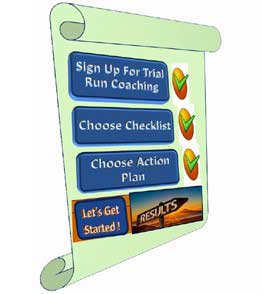 We are pleased to share our blog articles with you, and we are always interested to hear from our readers. Our website address is: www.herdhealthcare.com
We are pleased to share our blog articles with you, and we are always interested to hear from our readers. Our website address is: www.herdhealthcare.com
